No Results Found
The page you requested could not be found. Try refining your search, or use the navigation above to locate the post.
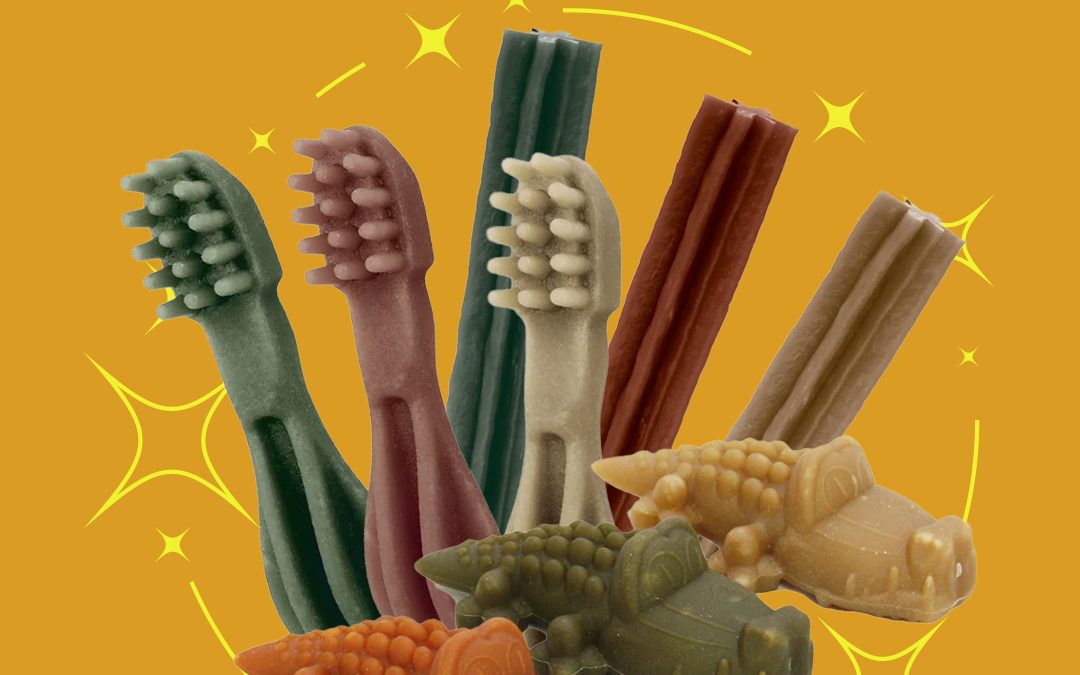
View All Dog Products Available In Our Shop
Introduce a new love of “brushing” with the fun shape of the WHIMZEES Stix Dental Dog Treats. Totally edible and easily digestible, these vegetarian and all-natural treats help to freshen breath and reduce buildup on your dog’s teeth. They’re free of gluten so it’s a great solution for dogs with sensitivities, and they’re made with natural ingredients that have vitamins and antioxidants. Dental hygiene is as important for dogs as it is for humans, and Whimzees dog treats make it easy for dogs to clean their own teeth.
Key Benefits

KIMVET - Shop by Category - BIRD PRODUCTS; Bird Food, Bird Medicines, Bird Treats, Bird Toys, Bird Accessories & More!
FREE SHIPPING applies for orders over R400 (within Kimberley) and for orders over R1000 (anywhere in South Africa)!

KIMVET - Shop by Category - CAT PRODUCTS; Cat Food, Cat Deworming & Tick/Flea, Cat Treats, Cat Toys, Cat Beds, Cat Collars, Cat Harnesses, Cat Tags, Cat Carriers, Cat Litter, Trays & Accessories, Cat Bowls, Cat Grooming & More!

KIMVET - Shop by Category - DOG PRODUCTS; Dog Food, Dog Deworming & Tick/Flea, Dog Treats, Dog Toys, Dog Beds, Cushions & Blankets, Dog Clothing, Dog Collars, Dog Harnesses, Dog Leads, Dog Tags, Dog Bowls, Dog Grooming, Dog Training Solutions, Dog Accessories & More!

KIMVET - Shop by Category - FISH PRODUCTS; Fish Food, Fish Care, Fish Bowls & Tanks, Fish Accessories & Pumps, Fish Ornaments & Plants in Kim Vet online-store, delivering nation wide.

KIMVET - Shop by Category - GIFT CARD, GIFT VOUCHER; R 100, R 500 etc. Any amount you want to add on the gift card can be selected.
We stock various products in our store to cater for every pet’s need!
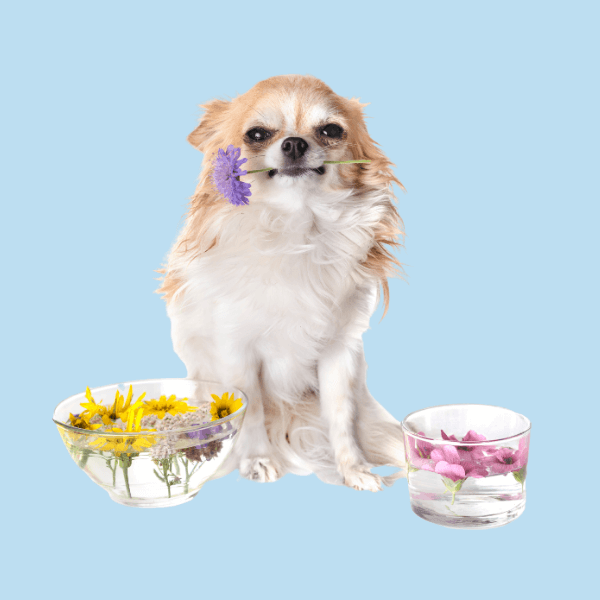
KIMVET - Shop by Category - HEALTH AND SUPPLEMENTS PRODUCTS; Calming, Eyes & Ears, Flies & Mosquitoes, General Supplements, Intestinal Support, Joint Care, Recovery, Skin Care, Wound Care & More!
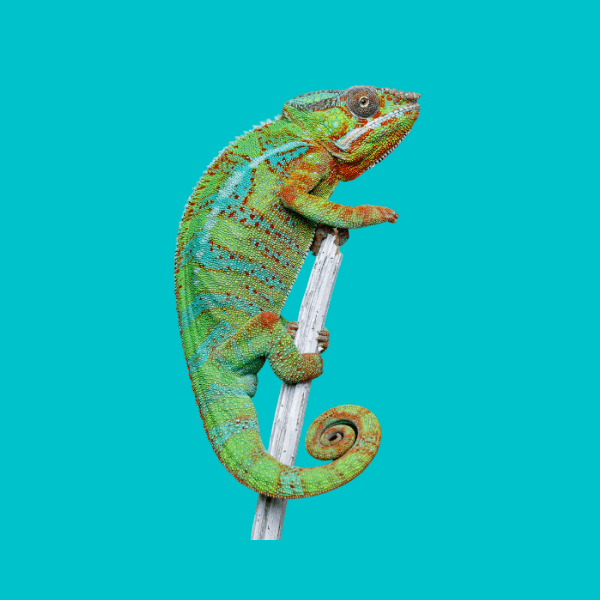
KIMVET - Shop by Category - REPTILE PRODUCTS; Reptile Care, Reptile Habitats, Reptile Accessories & More!
If we do not have something you need, contact us and we’ll get it in store for you to order easily.
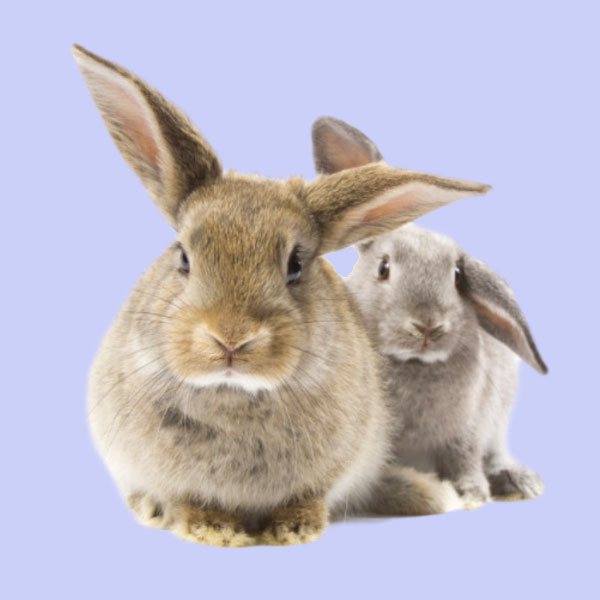
KIMVET - Shop by Category - SMALL MAMMAL PRODUCTS; Small Mammals Food, Small Mammals Bedding & Hay, Small Mammals Toys, Small Mammals Accessories in Kim Vet's online-store, delivering nation wide.
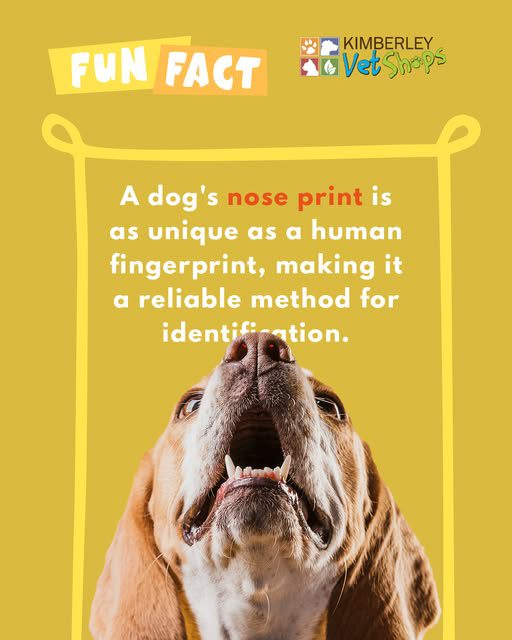
View All Dog Products Available In Our Shop
Dogs are known for their legendary sense of smell, and with good anatomical reason. Their noses have as many as 300 million receptors, while humans have about 5 million.
Evidence from a Bloodhound’s remarkable sense of smell is admissible as evidence in a court of law.
When it comes to taste buds, people are the top dogs. Humans have approximately six times more taste buds than dogs, around 9,000 vs 1,700. While some dogs are picky eaters, their overall tendency to eat even questionable fare comes from ancestral instincts when the species survived as scavengers in the wild.
Research indicates that dogs are color-blind but see more colors than just black and white. Dogs can see blue and yellow pretty clearly, but have trouble distinguishing between red and green, similar to humans who are color-blind.
More than half of U.S. presidents have had at least one dog during their time at the White House. And then there’s Calvin Coolidge, who had at least 12!
Rin Tin Tin, the famous German Shepherd, was rescued from a bombed-out dog kennel in France during World War I. After the war he was brought back to the U.S., where he (and his offspring) starred in 27 movies, and he was nominated for an Academy Award.
The only dog breed ever named after a fictional person is the Dandie Dinmont Terrier. The breed’s namesake is a character in the novel Guy Mannering, by Sir Walter Scott.
The Australian Shepherd is an American breed, not Australian. And the Labrador Retriever is originally from Newfoundland, an island near the Labrador Territory in Canada.
A Greyhound can beat a cheetah in a race, depending on how long the race is. The cheetah can run up to 70 mph for about thirty seconds, but a Greyhound can run 35 mph for up to seven miles. So the cheetah would win a short sprint, but the Greyhound would prevail in a longer race.
You don’t need the scientific method to prove there’s something special about our wonderful canine companions. And the fact of the matter is that as long as we’re willing to learn, dogs will always have something to teach us about ourselves and the world around us.

KIMVET - Shop by Category - BIRD PRODUCTS; Bird Food, Bird Medicines, Bird Treats, Bird Toys, Bird Accessories & More!
FREE SHIPPING applies for orders over R400 (within Kimberley) and for orders over R1000 (anywhere in South Africa)!

KIMVET - Shop by Category - CAT PRODUCTS; Cat Food, Cat Deworming & Tick/Flea, Cat Treats, Cat Toys, Cat Beds, Cat Collars, Cat Harnesses, Cat Tags, Cat Carriers, Cat Litter, Trays & Accessories, Cat Bowls, Cat Grooming & More!

KIMVET - Shop by Category - DOG PRODUCTS; Dog Food, Dog Deworming & Tick/Flea, Dog Treats, Dog Toys, Dog Beds, Cushions & Blankets, Dog Clothing, Dog Collars, Dog Harnesses, Dog Leads, Dog Tags, Dog Bowls, Dog Grooming, Dog Training Solutions, Dog Accessories & More!

KIMVET - Shop by Category - FISH PRODUCTS; Fish Food, Fish Care, Fish Bowls & Tanks, Fish Accessories & Pumps, Fish Ornaments & Plants in Kim Vet online-store, delivering nation wide.

KIMVET - Shop by Category - GIFT CARD, GIFT VOUCHER; R 100, R 500 etc. Any amount you want to add on the gift card can be selected.
We stock various products in our store to cater for every pet’s need!

KIMVET - Shop by Category - HEALTH AND SUPPLEMENTS PRODUCTS; Calming, Eyes & Ears, Flies & Mosquitoes, General Supplements, Intestinal Support, Joint Care, Recovery, Skin Care, Wound Care & More!

KIMVET - Shop by Category - REPTILE PRODUCTS; Reptile Care, Reptile Habitats, Reptile Accessories & More!
If we do not have something you need, contact us and we’ll get it in store for you to order easily.

KIMVET - Shop by Category - SMALL MAMMAL PRODUCTS; Small Mammals Food, Small Mammals Bedding & Hay, Small Mammals Toys, Small Mammals Accessories in Kim Vet's online-store, delivering nation wide.
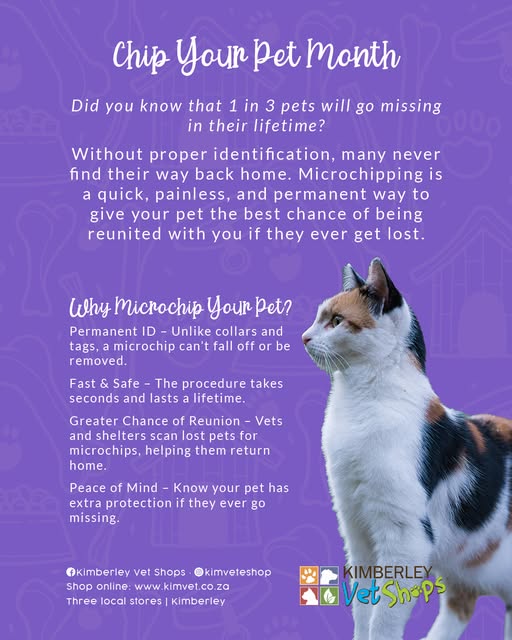
Showing 109–120 of 207 resultsSorted by popularity
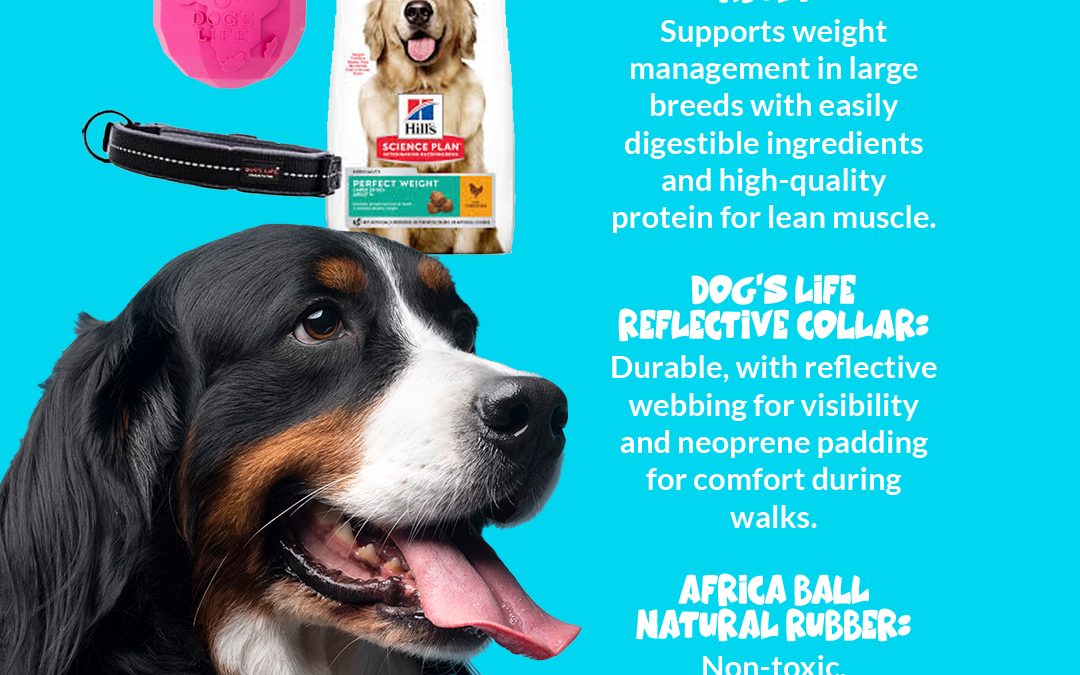
3 in stock (can be backordered)
R1,615.00
R80.50 – R193.20
R75.67 – R193.20
Showing 109–120 of 207 resultsSorted by popularity
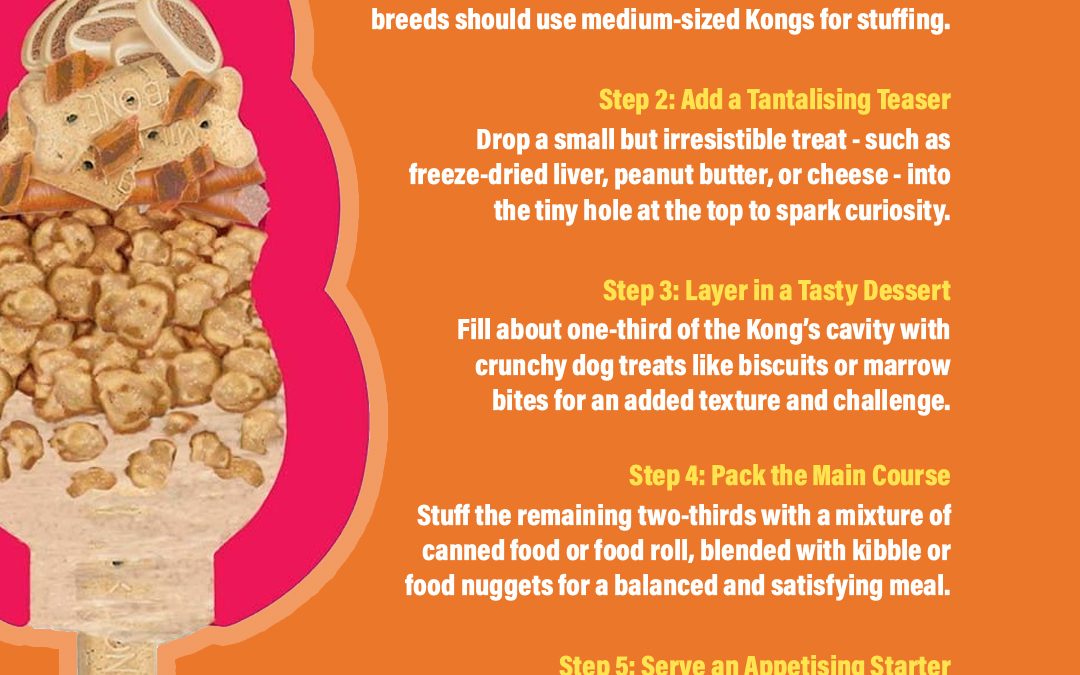
The page you requested could not be found. Try refining your search, or use the navigation above to locate the post.